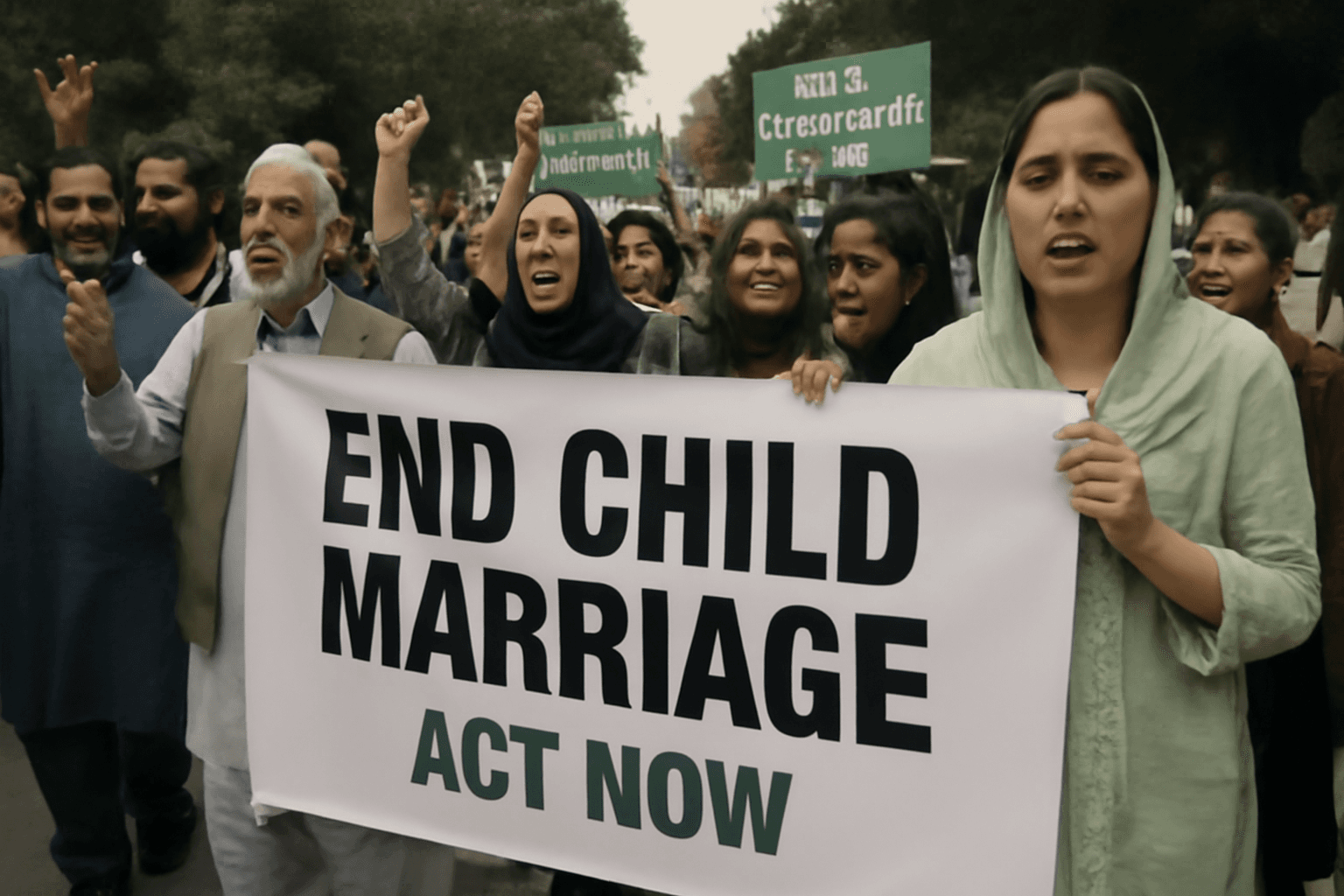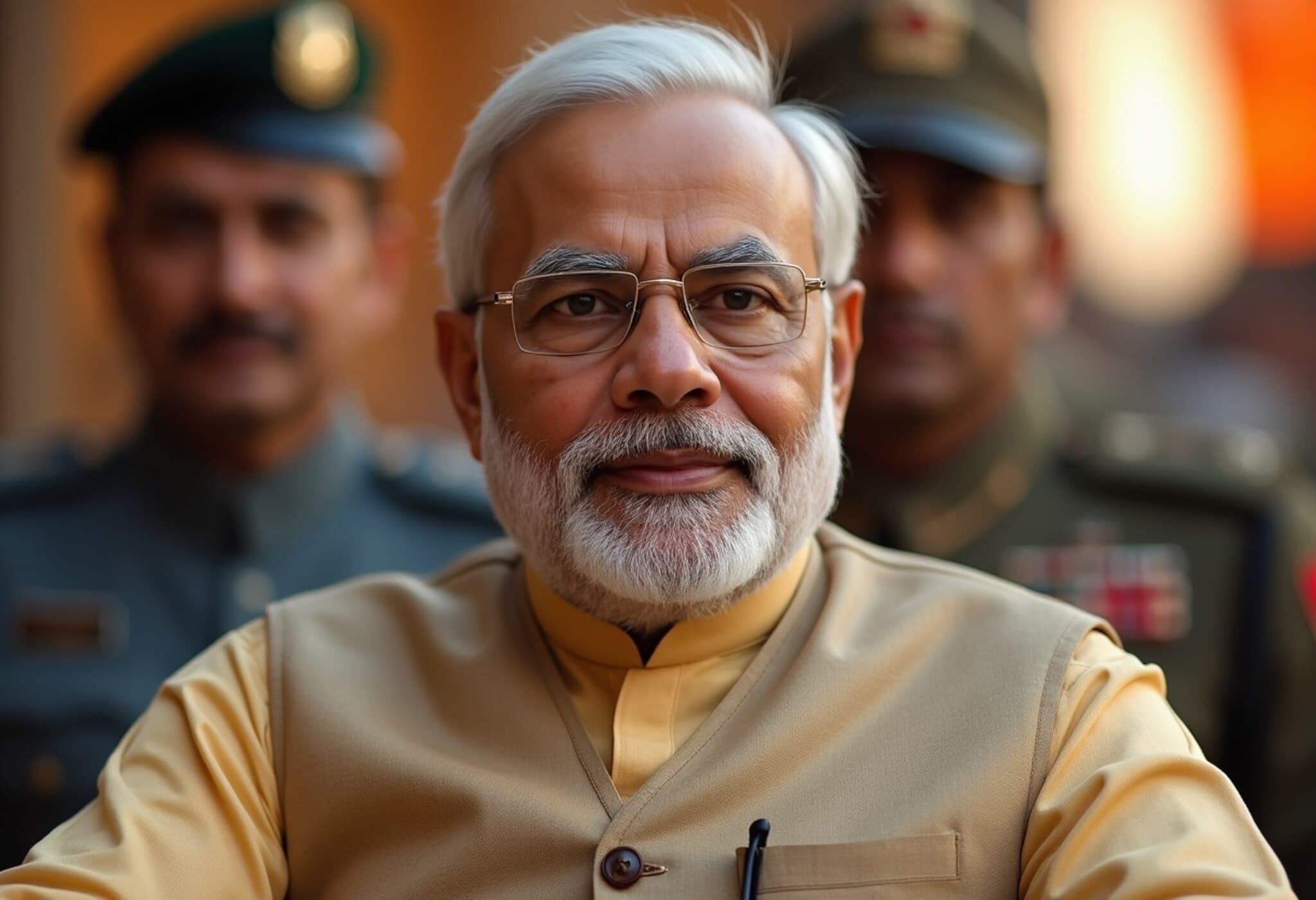The Pakistani National Assembly has unanimously passed the Islamabad Capital Territory Child Marriage Restraint Bill 2025, outlawing child marriages within the capital city. However, the legislation applies only to Islamabad, with child marriage remaining legal in other regions of Pakistan.
Both houses of the assembly approved the bill last week, and it is expected to be sent to the president for final assent shortly. Activists and women’s rights advocates view this move as a pivotal step towards eradicating child marriage nationwide.
Former Minister of Climate Change Sherry Rehman praised the bill, stating, "This legislation sends a strong message domestically and internationally that the rights of women and children are being safeguarded at the highest levels.”
The bill raises the minimum marriage age to 18 for both males and females in Islamabad, replacing the previous legal ages of 16 for girls and 18 for boys. Under the new law, contracting or facilitating a child marriage is a criminal offense, punishable with 2 to 3 years imprisonment and fines up to Rs100,000, unless the parties can prove the union is not a child marriage.
Additionally, any sexual activity with a minor within marriage will be classified as statutory rape under the legislation, reinforcing protections for children against exploitation.
A report from Dawn highlighted that the passage of this bill aligns with international standards and Pakistan’s commitments under the United Nations Sustainable Development Goals, specifically Goal 5, which aims to achieve gender equality and end child marriage by 2030.
The United Nations has applauded the bill, calling it a "landmark advancement in safeguarding children’s rights and promoting gender equality." The UN also commended lawmakers including Dr. Sharmila Faruqui and Senator Sherry Rehman for their efforts toward securing a safer future for Pakistan’s youth.
Despite widespread support from activists and international organizations, some religious and political leaders have opposed the bill. Critics argue the law contradicts Islamic principles and that marriage decisions should be left to family discretion, with puberty as the determining factor rather than chronological age.
The bill’s introduction in Islamabad may prompt other provinces to reconsider their stance on child marriage, potentially catalyzing broader legislative reform across Pakistan.












